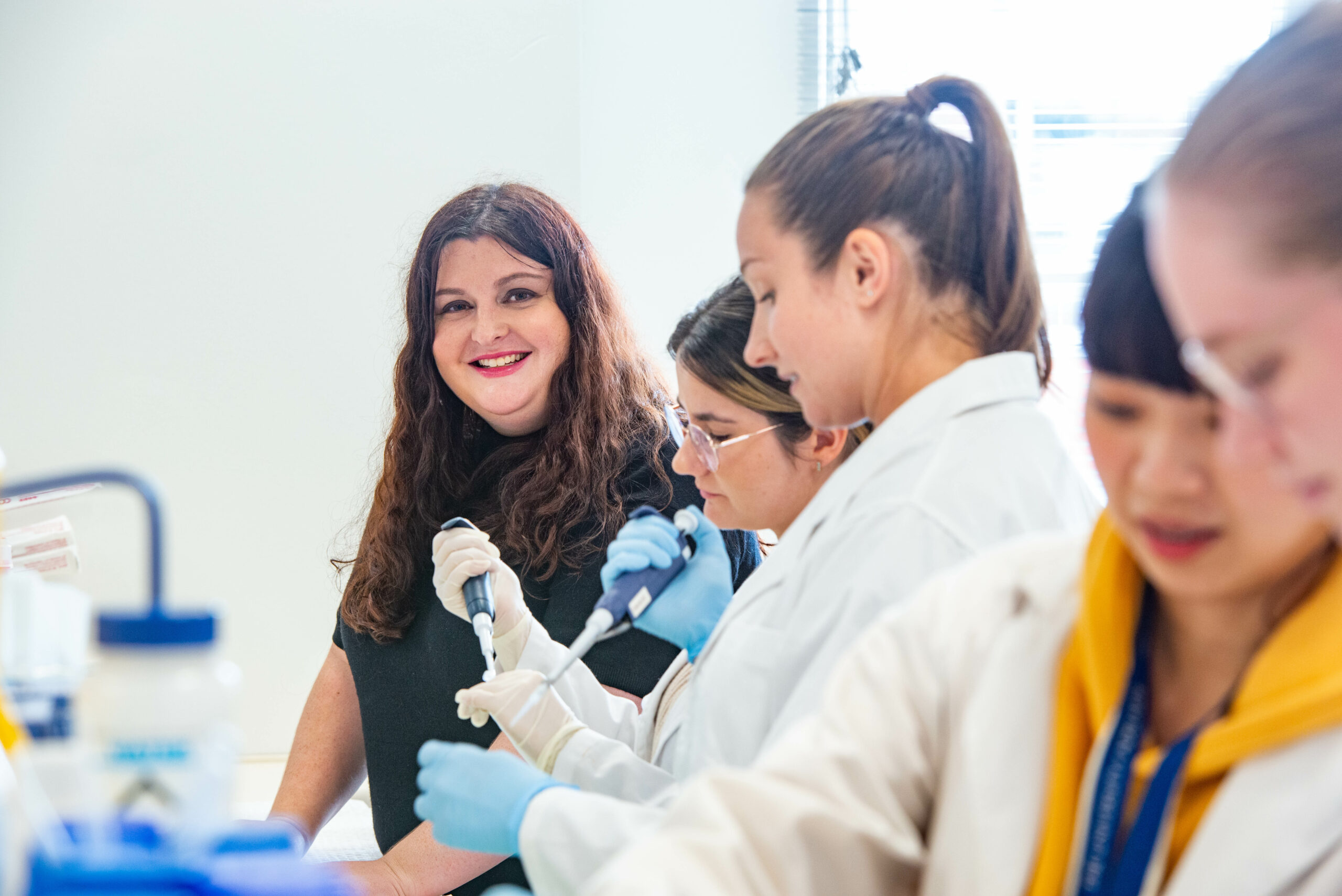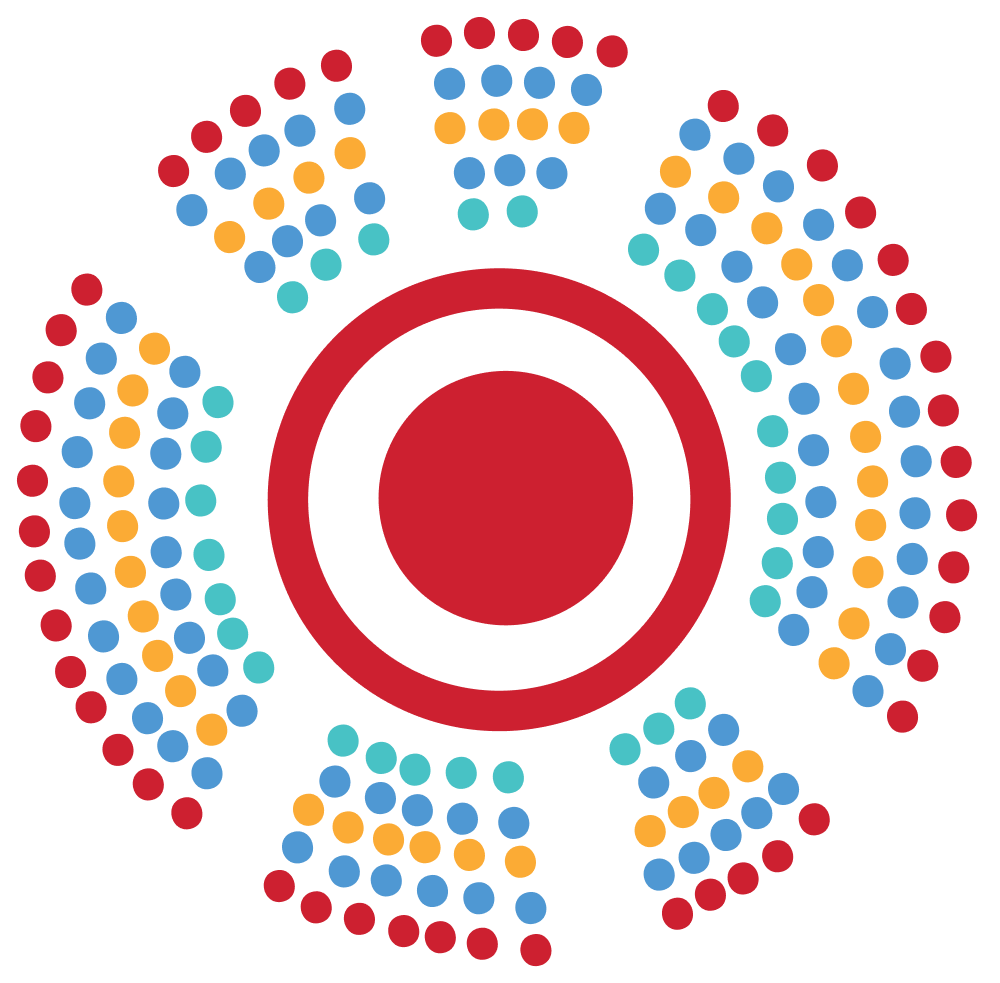Mapping The Path from Traumatic Brain Injury to Parkinson's Disease
In a unique project, Forecasting Impairment and Neurodegenerative Disease risk following Traumatic Brain Injury (FIND-TBI), funded by the Medical Research Future Fund, South Australian researchers will draw on the power of machine learning to support an analysis of the complex factors that may contribute to the development of long-term complications and Parkinson’s disease post brain injury.
Led by Adelaide University expert in cognition, ageing and neurodegenerative disease, Associate Professor Lyndsey Collins-Praino says the complex research will focus on two key areas of the brain and seek not only to define the predictors for the onset of the disease following a traumatic brain injury (TBI), but also to understand more about what might minimise the risks.
This research has received almost $2 million in funding under the MRFF’s Traumatic Brain Injury Mission announced as part of the 2019-20 budget to provide $50 million to better predict recovery outcomes after a traumatic brain injury and identify the most effective care and treatments.
Assoc Prof Collins-Praino says the project draws on experts globally, bringing together interdisciplinary teams of 19 coinvestigators, including key stakeholders, Parkinson’s SA, and individuals who have suffered a traumatic brain injury.
She says prior research has shown clear links between even mild brain trauma, such as concussion, and the later onset of Parkinson’s disease.
“Even a relatively mild brain injury, such as concussion while playing sport, can increase the risk of developing Parkinson’s disease by 56 per cent and that skyrockets to an 83 per cent increase in risk for people who experience a more severe brain trauma, such as what might occur in a car accident,” Assoc Prof Collins-Praino says.
“What we now understand is that, while a person may recover from a brain injury in the short term, even a mild concussion can set off a series of persistent changes in the brain that become more evident in the following years.
“We also know that this is not the case for everyone who experiences a brain injury, and that gives us an opportunity to work out why some injuries will incur long term consequences, what factors are at play, particularly in regard to neuroinflammatory responses after TBI, and what interventions might be useful.”
The study will follow people in five groups – a control group of people with no history of TBI, people one year after injury, people one to 10 years after injury, another following people more than 10 years post TBI, and a group of people with established Parkinson’s disease.
Together, the researchers will develop a comprehensive database of cognitive and motor performance data, MRI scans, neuroinflammatory PET imaging, and blood/saliva biomarkers of neuroinflammation and neurodegeneration, following different severities of TBI and at different times post the injury.
They can then apply machine learning to this rich dataset to generate an algorithm that may predict the risk of long-term functional impairment and Parkinson’s disease in people who have suffered a TBI. This has the potential to directly influence prognosis after TBI, allowing doctors to personalise a rehabilitation plan based on individual risk.
This unique project is another example of the South Australian MRFF Working Group continuing to support researchers to respond to health system needs, increase health and medical research funding for South Australia and ultimately translate research into better outcomes for current and future generations.
More information about how to access the latest MRFF funding opportunities can be found on the Grant Connect website.
